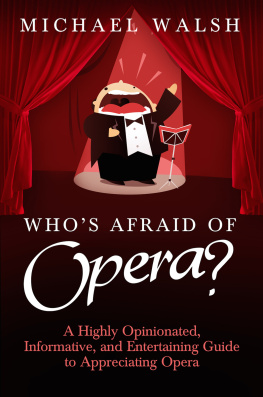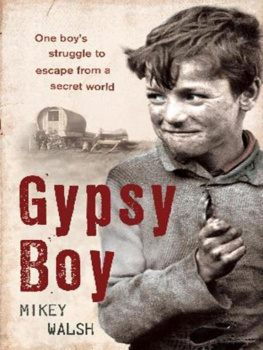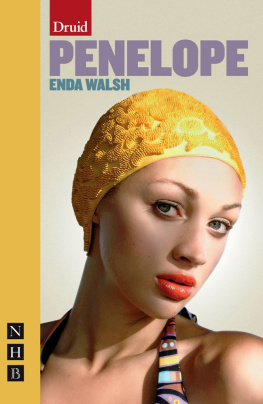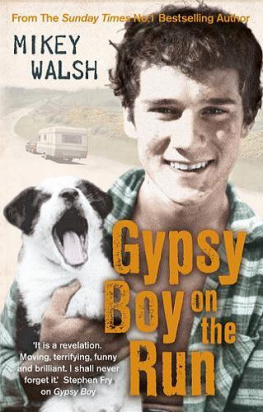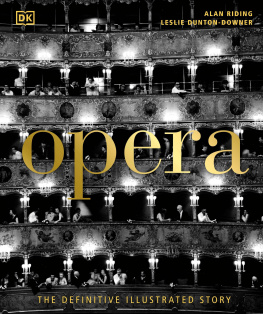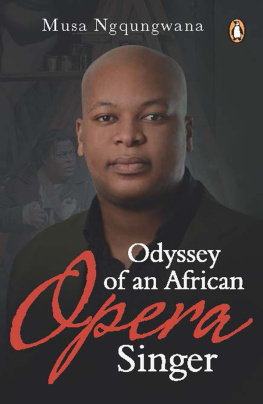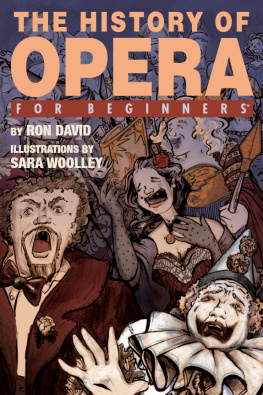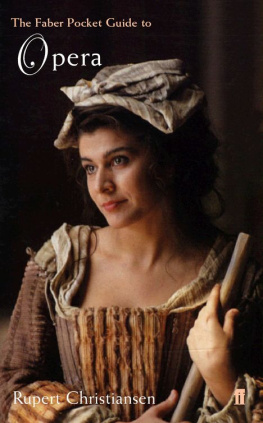Whos Afraid of Opera?
A Highly Opinionated, Informative, and Entertaining Guide to Appreciating Opera
Michael Walsh
Copyright
Diversion Books
A Division of Diversion Publishing Corp.
443 Park Avenue South, Suite 1008
New York, NY 10016
www.DiversionBooks.com
Copyright 1994 by Michael Walsh
All rights reserved, including the right to reproduce this book or portions thereof in any form whatsoever.
Lyrics to Chess reprinted by permission of Tim Rice.
For more information, email
First Diversion Books edition August 2015
ISBN: 978-1-62681-966-5
Also by Michael Walsh
Novels
Exchange Alley
And All the Saints
As Time Goes By
Hostile Intent
Early Warning
Shock Warning
Nonfiction
Carnegie Hall: The First One Hundred Years
Whos Afraid of Classical Music?
Andrew Lloyd Webber: His Life and Works
So When Does the Fat Lady Sing?
Rules for Radical Conservatives (as David Kahane)
The People v. the Democratic Party
The Devils Pleasure Palace
For Clare Veronica Walsh, a natural performer
Introduction, or Why Opera?
Thanks to you, this book is a sequel. In 1988, in response to an almost weekly barrage of queries about how to get into classical music from friends, acquaintances, and readers of my musical criticism in Time magazine, I wrote Whos Afraid of Classical Music? (I wanted to call it Whos Afraid of Hugo Wolf?, but the reference was felt to be too obscure.) At that time, there were a number of perfectly adequate introductions to concert music on the market, but each of them seemed to me to be aimed at the reader who was already interested in, and to a certain extent familiar with, the norms of classical musicthe etiquette, lore, and terminology those of us in the business take for granted, but which may strike outsiders as mysterious, pretentious, arrogant, and daunting, not necessarily in that order.
So the thought occurred to me: why not write a book that presupposed absolutely no knowledge of music on the part of the reader? For the sake of my sanity, I had to assume that anyone picking up the book would at least be vaguely curious about classical music, but otherwise I posited zero knowledge of the field. My hypothetical reader came armed with his or her intellectual curiositycall me old-fashioned, but I believe such things still exist in Beavis and Butt-head America, if only in isolated pockets of resistanceand a willingness to indulge my frequent nonmusical images and a deliberately breezy tone that was nearly guaranteed to alienate my fellow professionals.
Write the book I did, and I havent regretted it for a minute. I treasure all the letters from those readers who found it helpful, valuable, and even amusing, and I am pleased that a number of American orchestras are using it as a painless introduction to the mysteries of the classical organism for their younger and newer subscribers. The book even caught the eye of the producers of NBCs Today Show, on which I appeared bright and early one morning to sit, somewhat ridiculously, at a white grand piano and demonstrate to Deborah Norville the melodic similarities between Andrew Lloyd Webbers I Dont Know How to Love Him from Jesus Christ Superstar and the lyrical second theme from the Funeral March movement of Chopins Second Piano Sonata.
And you bought the bookenough of you, anyway, to have kept it in print since publication and for it to have gone into second and third editions. Although that volume treated opera in some detail, there was obviously not enough space to adequately discuss what is, after all, a way of life in its own right. This book, therefore, became inevitable at a certain point.
However, it had to wait awhile. In 1989 I left the United States to live in Europe and write about foreign affairs. With impeccable timing, I got there the same year the Berlin Wall came crashing down, the Eastern Bloc collapsed under its own dead weight, and, finally, the Soviet Union itself disappeared into the ash can of history. For most of this period I wrote little about classical music; having been a professional music critic since 1973, I needed a break from an art I loved too much to continue to watch slide into artistic irrelevance. It was far more interesting, rewarding, and considerably less frustrating, to hang out with the mafiozniki in Moscow, to chat with the leader of the only functioning Jewish congregation in Warsaw, to tour the fine breweries of Bohemia and to sip the exquisite nectar of Pilsener Urquell and Czech Budweiser (the beer of kings) straight from the source. In short, to watch a world die, change, and be painfully, but optimistically, reborn.
About the chances of survival of classical music, I was considerably less sanguine. Much of the snobbish image of our field we can blame directly on ourselves, on the cult of personality that has, Stalin-like, afflicted music since even before the war. In a kind of reverse, perverse Marxism-Leninism, we embraced the indefensible premise that musical history had ended sometime around 1935, that all the good music that would ever be written already had been written, and that the function of performers from here to eternity would henceforth be to worship at the shrine of the Great Composers, to endlessly regurgitate the Great Masterworks for the edification of a dwindling corps of true believers.
This is the not the place to go into the historical reasons for such developments. Suffice it to say that six years later I am more hopeful about the state of classical music than I was during the go-go eighties. The defeat of that most pernicious form of musical Stalinism, the twelve-tone system, by a group of courageous composers signaled the end of the belief that music history had ended. Just as in Russia, there would be no paradigmatic New Soviet Man in music; the Schoenberg revolution fell as hard as the statue of Felix Dzerzhinsky when it came crashing down in front of KGB headquarters in Moscow. And if we no longer have the commandments to guide us, we are better off in our freedom, however messy and anarchic it may prove to be.
What has all this got to with opera? you ask. Plenty. If music and opera are dead art forms, then there would be no need for this book. If the repertoire closed some sixty years ago, then you could just pick up Deems Taylor and be done with it. But opera has proved itself more resilient than the conformists imagined; despite their protestations, it has flourished over the past half decade. A thousand flowers have bloomed: not only Philip Glasss minimalism but John Adamss variety; not only John Coriglianos flamboyant conservatism but Bill Bolcoms. Young composers across the country have turned to opera and musical theater with a vengeance (in John Morans The Manson Family, sometimes literally), finding in it the most liberating venue for their imaginations and renewing the form in precisely the way it should and must be invigorated if our musical culture is to stagger into the twenty-first century.
In the meantime, American opera companies have suddenly shown themselves to be far more hospitable to new works and new productions of old works than they were in even the recent past. In Chicago, Lyric Opera director Ardis Krainik has embarked on an ambitious program of new American operasand this in the house that used to be called, not always flatteringly, La Scala West. Even the staid Metropolitan Opera in New York, the countrys Mother Church of European operatic culture, surprised everybody during the 199293 season with the premieres of Glasss The Voyage and Coriglianos The Ghosts of Versailles. New opera is suddenly hot, big box office, a development that can only bring joy to those of us who would like to see content-free singing contests such as Francesco Cilas

